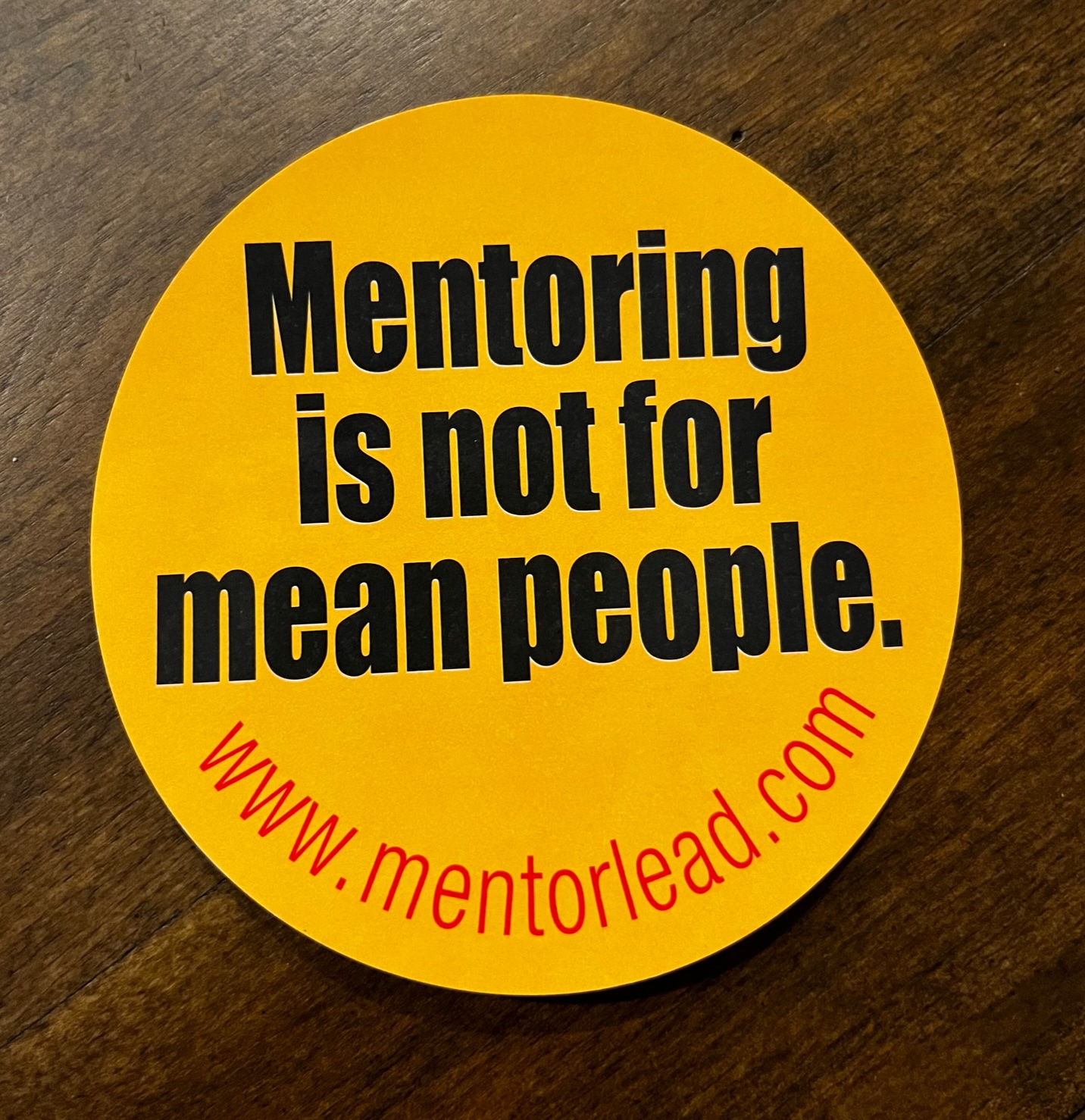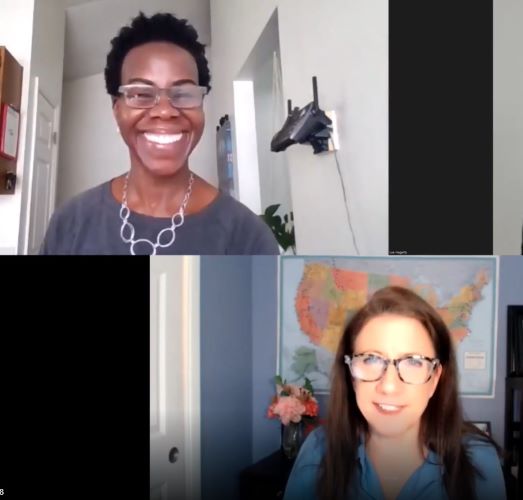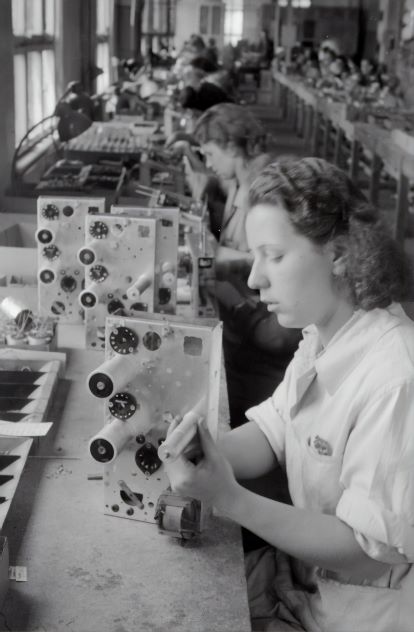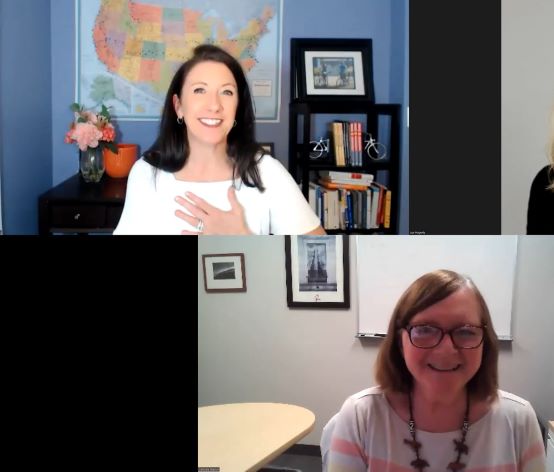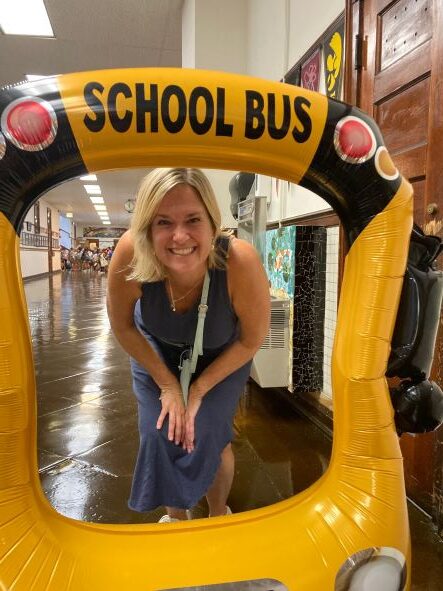| I’ve been training mentors recently who will participate in a nurse leader mentoring program that we’re launching soon.
The mentors in this program are eager to make a difference and slightly nervous about their efficacy. Exactly how I want my mentors – hungry and humble! 🙂
During the training, a mentor voiced a collective concern:
“What if it doesn’t work out?”
I deliberately inquired, “What specifically might not work out?”
This gave them pause, so I probed.
“Are you concerned that…
- your mentee won’t find time to connect?
- you won’t bond with or even like your mentee?
- you won’t know what to talk about?
- you won’t have the right advice to offer?
- your mentee won’t transform through this process?”
When I saw multiple heads nodding over Zoom, it confirmed my suspicion – they’re worried they won’t be good mentors!
I offered the following guidance…
5 questions to consider before giving up:
1. Have I persevered in making contact?
Engage multiple communication tools until you make contact with your new mentoring partner: phone, text, email, LinkedIn, and feet (walk to their office/unit if possible). Don’t wait or make assumptions before you’ve even said “hello!”
2. Have I worked on building trust?
Engage get-to-know-you questions to turn this stranger into a friend quickly. Be curious, find commonalities, and share something personal – your mentee will follow your lead. Through tenacity, we can create connection with different and difficult personalities.
3. Have we identified a goal or an objective?
Mentors serve by (1) critically thinking with mentees around goals, and (2) being a confidant when mentees grapple with an in-the-moment crisis. Each situation brings direction and purpose to your conversations.
4. Am I exploring options, ideas, and insights?
To support their growth, help a mentee explore options and ideas; then encourage action and identify insights from their results. (And it doesn’t matter if they follow or ignore your advice!)
5. Do I know when we’re meeting next and what to expect?
Create a cadence and ensure expectations are clear, communicated, and confirmed regularly. If expectations are not being met, you can re-negotiate your agreement or withdraw your commitment.
When Mentees don’t show up literally or figuratively, there is always a reason: insecurity, intimidation, confusion, fear, self-sabotage, or overwhelm – each a crisis calling us to mentor, not surrender.
We must make the mentoring experience personal but not take it personally.
© 2022. Ann Tardy and MentorLead. www.mentorlead.com. All Rights Reserved. |
